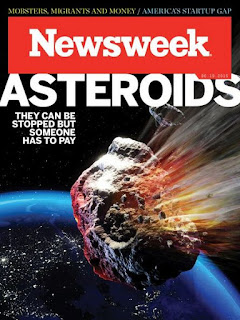Wow. So happy our new Attorney General, Loretta Lynch is getting tough on fraud. She had 243 people arrested for a $700 million case of medical fraud.
National Medicare Fraud Takedown Results in Charges Against 243 Individuals for Approximately $712 Million in False Billing
Attorney General Loretta E. Lynch and Department of Health and Human Services (HHS) Secretary Sylvia Mathews Burwell announced today a nationwide sweep led by the Medicare Fraud Strike Force in 17 districts, resulting in charges against 243 individuals, including 46 doctors, nurses and other licensed medical professionals, for their alleged participation in Medicare fraud schemes involving approximately $712 million in false billings. Read more.
Wow.
Hey, $700 million is not peanuts, but what about the billions, no, tens of billions, hundreds of billions, TRILLIONS, that the banks committed and they get off with nothing but fines.
Shit...last month
5 banks pleaded guilty to currency manipulation and paid fines of $5.5 billion. If that was the fine imagine what the size of the fraud must have been?
Then there was Libor fraud, foreclosure fraud, money laundering, tax evasion, wire fraud, plus more in the past. Not to mention the fact they wrecked the entire global economy.
And what happened?
Nothing. Not a single bank executive was arrested.
What a sham.





